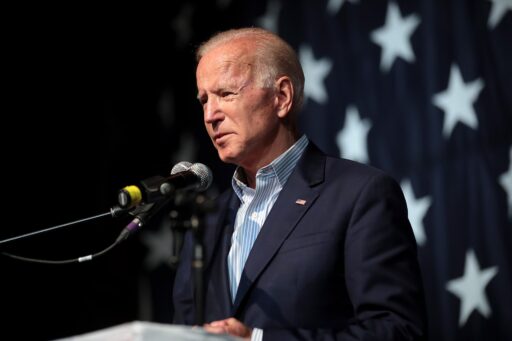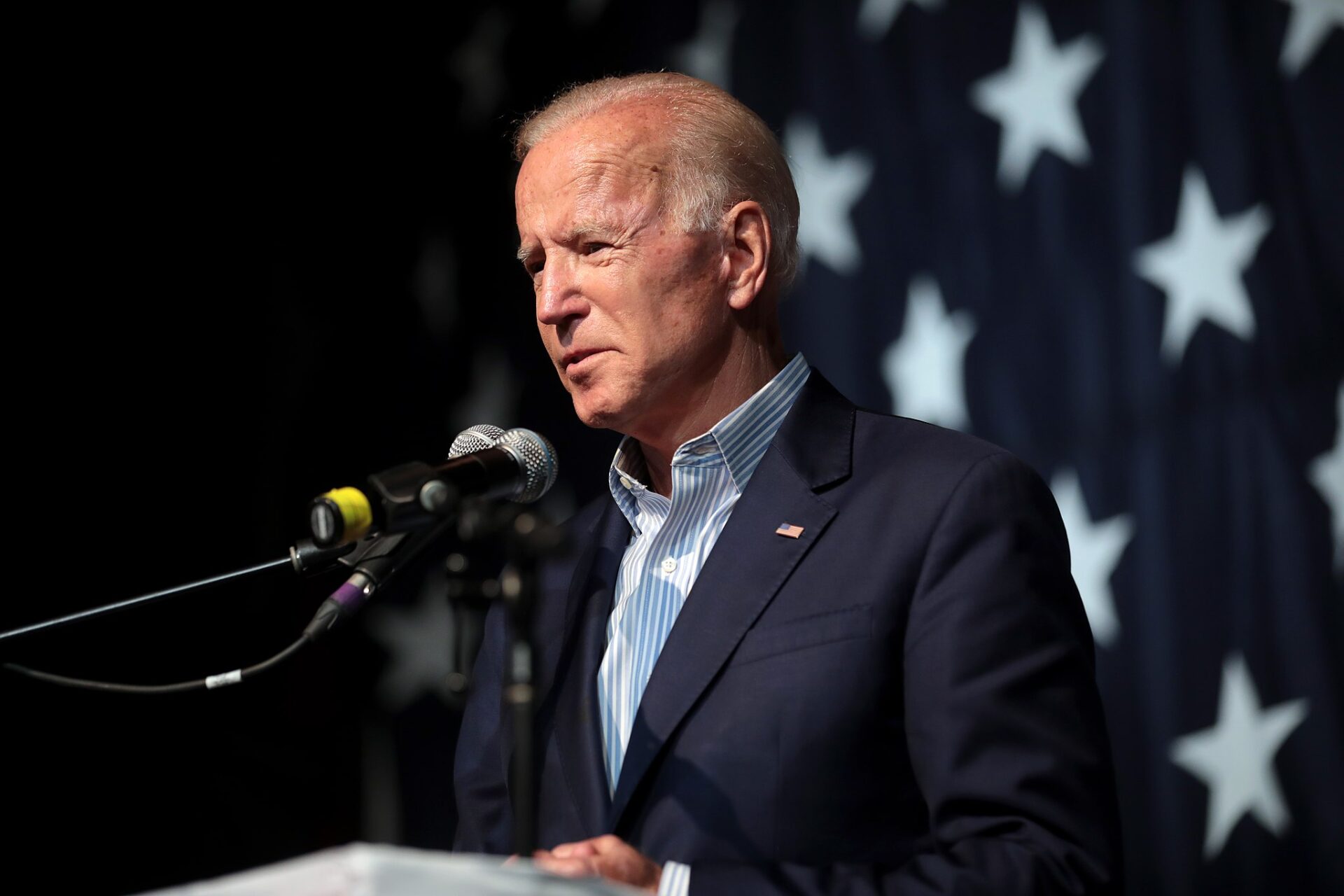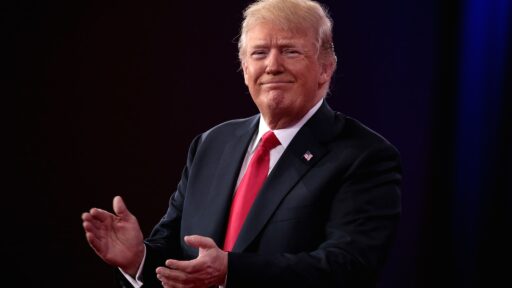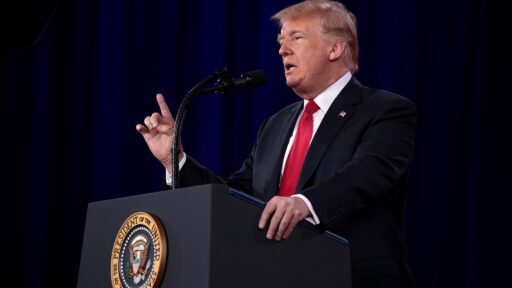Democrats Having Second Thoughts About Kamala
Democrats are currently engaged in a heated internal discussion about the potential electoral strengths of Vice President Kamala Harris compared to President Joe Biden. This debate gained momentum following a recent pivotal debate that reshaped perceptions and polling data.
Despite speculation and private conversations among Democratic aides and strategists about Biden’s reelection prospects, Harris has publicly affirmed her support for Biden’s candidacy and has no intention of challenging him. Nevertheless, the future trajectory of Biden’s campaign hinges on upcoming polling data. Should these polls indicate a significant decline against former President Trump, pressure within the Democratic Party could mount for Biden to consider stepping aside.
While most Democrats have maintained their support for Biden, fractures have begun to surface, exemplified by Rep. Lloyd Doggett’s call for Biden to withdraw from the race. Within this uncertain landscape, Harris emerges as a potential alternative, although competition within the party for the nomination is expected.
Democratic strategists and insiders, speaking on condition of anonymity, have expressed varying opinions on whether Harris might be a more viable candidate than Biden. A recent CNN poll highlighted a preference among a majority of Democratic voters for someone other than Biden to lead the party’s ticket in the upcoming presidential election. This sentiment underscores the ongoing debate over the party’s best chance at victory in 2024.
Key figures within the Democratic establishment, including Rep. James E. Clyburn and Sen. Laphonza Butler, have voiced support for Harris while reiterating their allegiance to Biden. They commend Harris for her role as Vice President and her potential to lead effectively in a general election.
Democratic strategist Jamal Simmons, a former communications director for Harris, believes Harris would be well-positioned to secure the nomination if Biden were to withdraw. Simmons points to Harris’s established name recognition and her experience as factors that could favor her in an open convention scenario.
Despite Harris’s strengths, concerns persist within Democratic circles regarding her tenure as Vice President and her handling of certain issues like immigration. Her approval ratings, while a concern for some, do not diminish the acknowledgment of her potential advantages, including access to the Biden-Harris campaign’s financial resources.
Reflecting on the potential scenarios, strategists anticipate that a contested convention could provide a platform to scrutinize all candidates thoroughly, potentially elevating Harris’s candidacy through increased exposure and voter consideration.
As the Democratic Party navigates this complex terrain, opinions among influential donors and operatives remain divided. While some believe in sticking with Biden, others recognize Harris’s candidacy as formidable, citing her past achievements and the historic nature of her political career.
Ultimately, the debate over whether Harris could outperform Biden as the Democratic nominee remains unsettled, characterized by a spectrum of viewpoints within the party’s ranks. With the presidential election looming, Democrats face critical decisions that could reshape the party’s electoral strategy and leadership trajectory moving forward.






